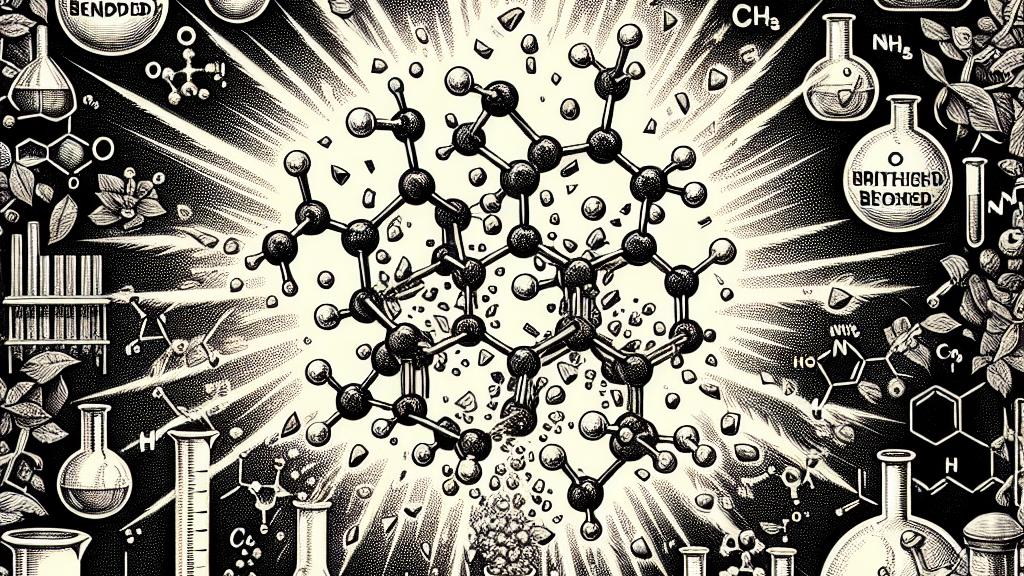Breaking a Century-Old Chemistry Rule for New Possibilities
Overview
- UCLA chemists have daringly challenged Bredt's rule, a century-old limitation in organic chemistry, sparking excitement in the scientific community.
- Their innovative research reveals the creation of anti-Bredt olefins (ABOs), opening doors to a wealth of synthetic possibilities previously considered unreachable.
- This groundbreaking advancement not only promises to revolutionize drug discovery but also calls for a transformative shift in chemistry education.

A Bold Discovery
At UCLA, a team of innovative researchers has made history by overturning a rule that has long dictated the realm of organic chemistry: Bredt's rule. Originally established in 1924, Bredt's rule claimed that double bonds could not occur at the bridgehead positions in bridged bicyclic molecules due to geometric constraints and the poor overlap of orbitals. However, in a thrilling publication in the journal Science, these chemists have demonstrated the existence of anti-Bredt olefins (ABOs) under certain conditions, effectively smashing this century-old belief. This pivotal moment not only marks a significant triumph for chemistry but also serves as a clarion call for scientists to think beyond traditional boundaries; it invites relentless exploration of new configurations and compounds that could lead to unprecedented advancements.
Implications for Drug Development
The implications of this discovery are far-reaching, particularly in the field of pharmaceutical chemistry. Imagine a world where scientists can freely synthesize a diverse array of compounds that were once deemed impossible; this could usher in a new age of drug development. For instance, the ability to explore ABOs could lead to unique drug candidates that tackle complex diseases with greater specificity and efficacy. As Neil Garg—who leads this groundbreaking research—eloquently pointed out, the constraints of Bredt's rule have stifled creativity, preventing researchers from pursuing potentially life-saving molecules. With this newfound freedom in molecular synthesis, we can anticipate exciting advances in pharmaceutical innovation, ultimately paving the way for novel treatments that significantly enhance patient outcomes.
Revisiting Chemistry Education
Furthermore, the revelation of anti-Bredt olefins necessitates a significant overhaul in chemistry education. As Bredt's rule evolves into a flexible guideline rather than a rigid restriction, it is imperative for educators to encourage students to embrace creativity and question existing norms. This educational metamorphosis will help cultivate a new generation of chemists who are fearless in their pursuit of knowledge and discovery. By fostering an environment where imaginative experimentation is celebrated, teachers can inspire students to explore the uncharted territories of molecular synthesis. Ultimately, this breakthrough transforms not only research but also education, igniting a passion for chemistry that empowers young scientists to envision and create the future of medicine and technology.

Loading...